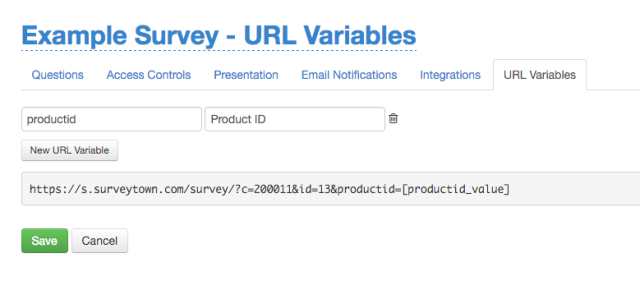

Two studies examine this theoretical linkage. Scholars have theorized such a relationship in the public consciousness, but the premise has not been systematically investigated. Yet, a critical area of public opinion remains understudied: the connection between nuclear energy and nuclear weapons. Existing scholarship explains public opinion on nuclear power by comparing its economic and environmental desirability with other energy sources. Policymakers, industry, and pro-and anti-nuclear advocates must understand these attitudes given electricity needs, energy sector competition, and climate change. Alongside this trend, US public skepticism of nuclear energy has remained high for decades. After the hemp educational campaign, students were significantly more knowledgeable and held more favorable attitudes toward hemp.ĭoes a lack of enthusiasm for nuclear energy among the US public relate to connections with nuclear weapons? The United States is projected to decline as the global leader in nuclear power production due to stagnation in the industry. Despite low knowledge, students still held fairly high attitudes toward hemp. A majority of students did not recognize hemp as a legal crop and were unable to distinguish major differences between hemp and marijuana. Results indicated students initially had low knowledge about hemp. This study investigated university students' knowledge and attitudes toward hemp before and after a hemp educational campaign that involved hemp plants on campus.


Despite its federally legal status, hemp's close association with marijuana and potential public stigma remain. Land-grant universities and other institutions of higher education have been challenged with the task of closing an expansive research gap and are conducting hemp research on their college campuses. Farmers from across the country are investigating the potential of the newly legalized crop and are looking to research institutions for assistance. Exploration of the possible nuclear power programmes by Turkey offers an educational opportunity to understand the risk perceptions of students that affect their decision-making processes.įor the first time in nearly a half century it is federally legal for farmers in the United States to grow industrial hemp. There was a tendency for more students from the location most likely to have a nuclear power plant to believe negative characteristics of nuclear power, and for fewer students to believe positive characteristics. Rather few students realized that adoption of nuclear power would help to reduce global warming and thereby limit climate change indeed, three quarters thought that nuclear power would make global warming worse. About half of the student cohort believed that nuclear power can supply continuous and sufficient electricity, but approximately three quarters thought that nuclear power stations could harm organisms, including humans, living nearby. In this study, we explore the views about nuclear power of school students from three locations in Turkey, two of which have been proposed as sites suitable for nuclear power plants. Gaining acceptance from local populations, however, may be problematic because nuclear power has a negative image and risk perceptions are complicated by a range of psychological and cultural factors. Taken together, the results suggest that the media can indeed have a modest influence on how the audience perceives a risk.ĭue to increased energy demand, Turkey is continuing to explore the possibilities of introducing nuclear power. More favorable attitudes toward nuclear power, longer attention to the coverage, and higher satisfaction with the provided information lead to lower risk perception. Results show that three information sources are significant regressors of perceived health-related risk of the nuclear accident: television, interpersonal communication, and the category of miscellaneous online sources. The study uses a large empirical data set from a public opinion survey, which is representative for the Belgian population with respect to six sociodemographic variables. The analysis controlled for attitude toward nuclear energy, gender, education, satisfaction with the media coverage, and duration of attention paid to the coverage. This study investigates the explanatory power of 12 information sources (traditional media, new media, social media, and interpersonal communication) for the perceived risk posed by radiation released from the damaged Fukushima nuclear power plant on respondents' own health and that of the population in general. Each media source has its own presentation style, which could influence how the audience perceives the presented risk. The media play an important role in risk communication, providing information about accidents, both nearby and far away.


 0 kommentar(er)
0 kommentar(er)
